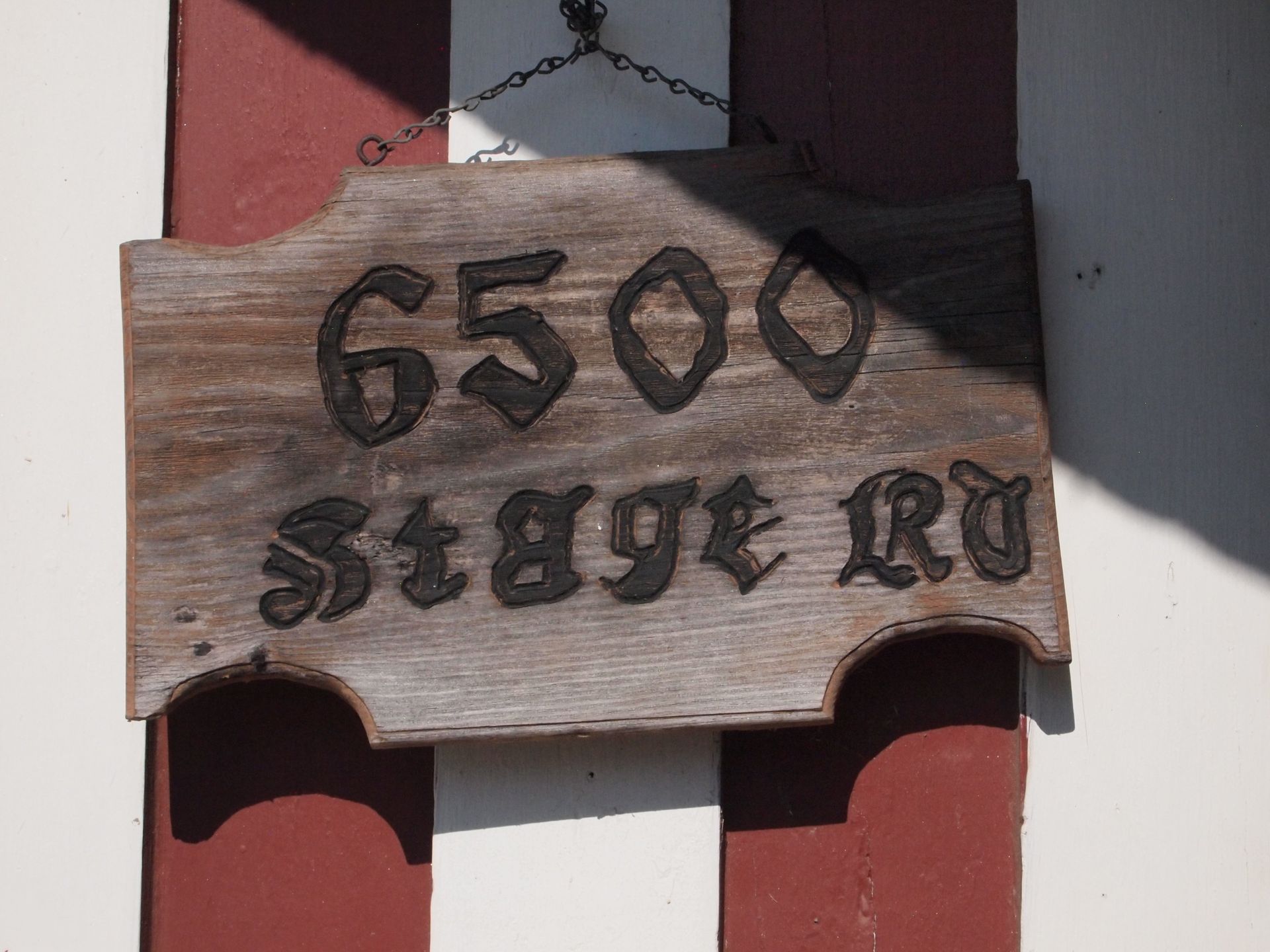Wildlife of Alabama
Explore Alabama's natural heritage at the Lee County Historical Museum in Loachapoka, where exhibits showcase the pivotal roles of native mammals. From the cunning red fox to the industrious beaver, discover how these creatures have shaped ecosystems and human history in Alabama, leaving a legacy for future generations to appreciate.
Introduction
At the Lee County Historical Museum in Loachapoka, Alabama, we delve into the native animals of Alabama, particularly mammals. These creatures were integral to the lives of early Native Americans and pioneer ancestors and continue to play significant roles today.
Understanding Mammals
Mammals, characterized by their hair or fur, are warm-blooded creatures that produce heat internally. Unlike ectothermic animals such as reptiles, mammals give birth to live young and provide milk to nourish their offspring.
Red Fox
The red fox, known for its thick fur and omnivorous diet, consumes a variety of plant and animal materials, including rodents, rabbits, fruits, and nuts. Its adaptability allows it to thrive in diverse environments.
Gray Fox
Distinct from the red fox, the gray fox prefers wooded or swampy areas and possesses the unique ability to climb trees. Like its cousin, it is an omnivore, capable of consuming a wide range of foods.
Coyote
Once overshadowed by the now-extirpated red wolf, the coyote has become a prevalent predator across the United States. This apex predator's adaptability and omnivorous diet contribute to its success in various ecosystems.
Whitetailed Deer
The whitetailed deer, prized for its meat and hide, was crucial to the survival of early populations. Once scarce, conservation efforts have led to a resurgence in their numbers, making them one of Alabama's largest herbivores.
Raccoon
The raccoon, another omnivore, often scavenges human waste, posing challenges for wildlife management. While it can carry diseases like rabies, not all raccoons are infected, emphasizing the importance of caution around wildlife.
Beaver
Beavers, herbivores that dwell in aquatic environments, played a significant role in the fur trade during European colonization. Their strong incisors enable them to harvest bark for food while shaping their environment.
Striped Skunk
Skunks, characterized by their foul-smelling defensive spray, are opportunistic feeders that consume insects, carrion, and plant material. Their nocturnal habits and distinct markings make them a familiar sight in Alabama.
Mink
The mink, a carnivorous member of the weasel family, preys on fish and other small animals. Alongside the river otter, it represents Alabama's diverse aquatic wildlife.
Possum
Alabama's only marsupial, the possum, raises its young in a pouch on its belly. Despite high reproductive rates, only a fraction of offspring survive, highlighting the challenges of parenthood in the wild.
Conclusion
These mammals, among others, have shaped Alabama's ecosystem and influenced human history. By observing and respecting wildlife, we honor their contributions to our natural heritage.
Visit the Next Virtual Stop
The Whistle Stop Pickers showcase the cultural significance of traditional acoustic instruments such as the banjo, hammered dulcimer, violin, autoharp, and dulcimer. Through their preservation and performance, these instruments honor the enduring traditions of old-time music.
Visit the Previous Virtual Tour Stop
This is the text area for a paragraph describing this service. You may want to give examples of the service and who may benefit. Describe the benefits and advantages of this group of services, explaining to users why they should choose your company.
Would you like to visit Pioneer Park firsthand or arrange a field trip?
The museum is open Wednesdays through Fridays: 12:00 p.m. to 4:00 p.m. and all of Pioneer Park is open every Second Saturday of Every Month: 9:00 a.m. to 3:00 p.m.
Museum tours may also be scheduled at other times by appointment by calling (334) 887-3007.

Loachapoka, Alabama 36865
- Auburn Heritage Association
- Chattahoochee Valley Historical Society
- Clay County Historical Society
- Columbia Historical Society
- Dale County Historical Society
- Dothan Landmark Park
- Early County Historical Society
- Eufaula Heritage Association
- Henry County Historical Group
- Historic Chattahoochee Commission
- Historic Columbus Foundation
- Historic Westville
- Troup County Historical Society
